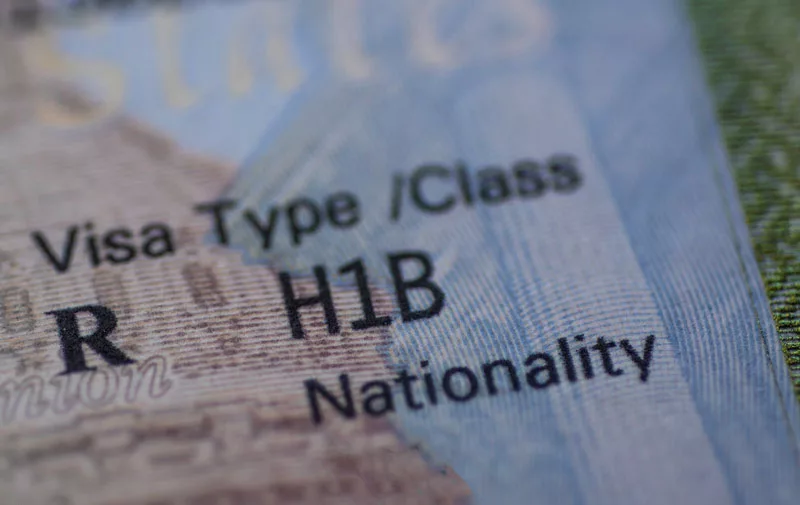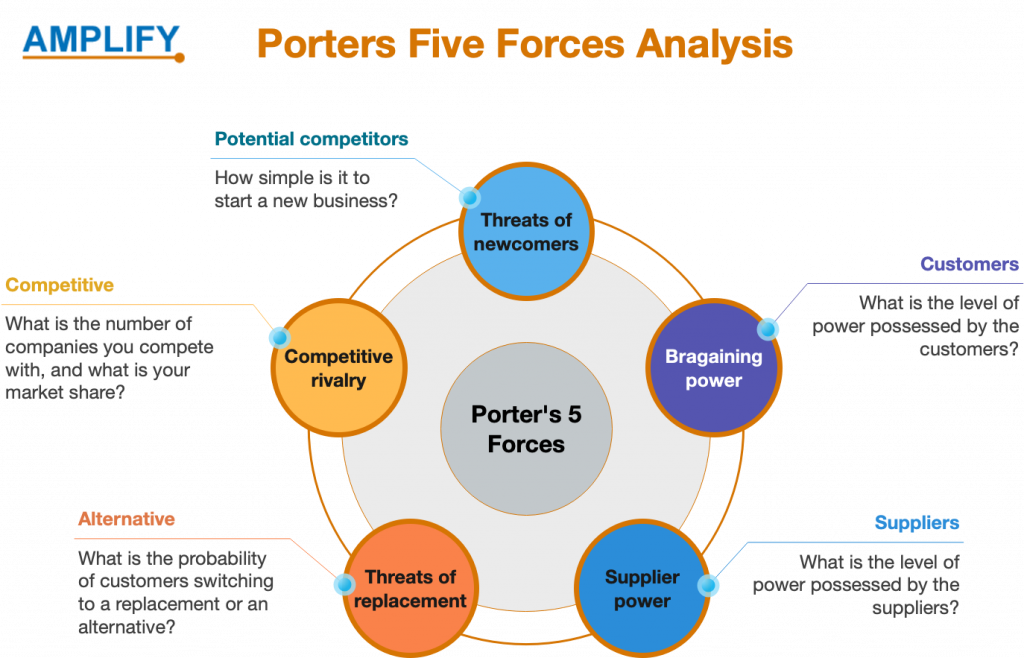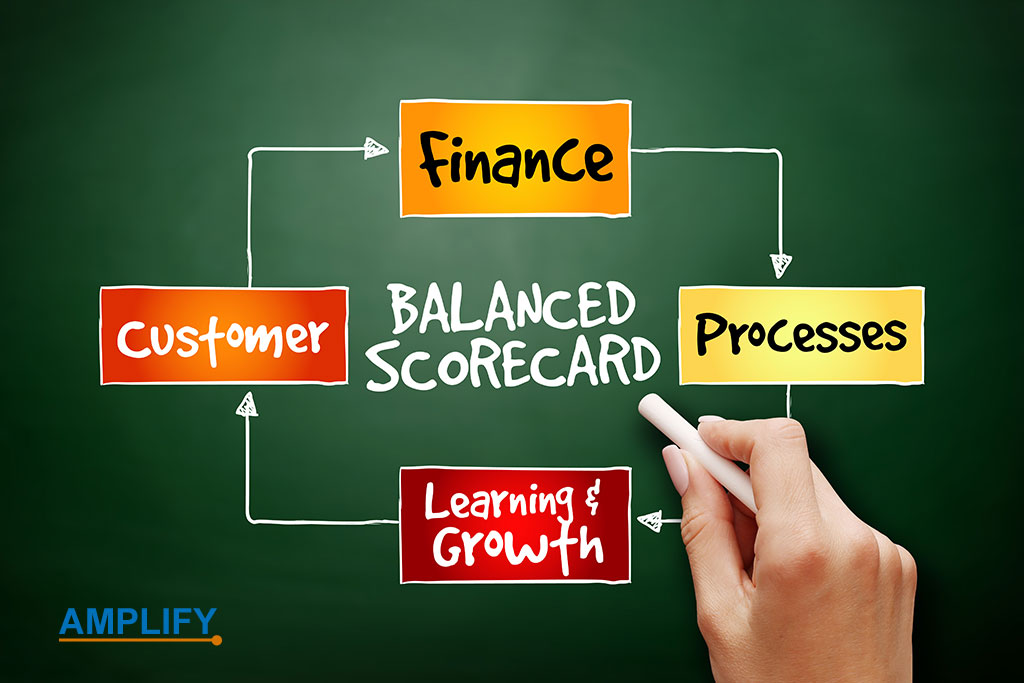The “one-for-one business model” is a type of marketing strategy that is based on the idea of donating money, goods, or services to people who are less fortunate than the purchaser of each individual item.
In this business model, the company makes a donation of an item or service of equal value to a person or community that is less fortunate for each and every purchase that is made by a customer. In addition, the “One-for-one business model” seeks to address societal or environmental issues by generating a positive impact through the primary activities of a company’s business operations in an effort to find solutions. In addition to this, the model frequently places an emphasis on finding solutions to particular problems, such as eradicating poverty or improving access to education, healthcare, clean water, or environmental protection.
In their respective industries, companies such as TOMS, Warby Parker, Lush, and Soapbox have effectively embraced the “One-for-one business model.”
Openness and accountability
The “One-for-one business model” also emphasizes openness and accountability, ensuring that promised gifts or contributions reach the intended recipients. This strategy also often works with nonprofit organizations or other partners to choose and carry out charitable initiatives. The “One-for-one business model” also appeals to socially conscious shoppers who want to make a difference and support companies with a strong social mission. Customers like socially responsible companies. Businesses that employ this strategy also use communication and storytelling to educate their target audiences on how their customers’ purchases affect philanthropic recipients. One-for-one exchanges also empower customers by showing them how their purchases affect the globe.
Summary
In summary, the “One-for-one business model” operates on the principle of giving back, addresses social or environmental challenges, emphasizes transparency and accountability, collaborates with nonprofits, resonates with socially conscious consumers, creates empowerment, finds application in various industries, and aligns business objectives with social impact.
TOMS is a prominent example of a company that has successfully implemented the one-for-one business model. TOMS is a footwear brand that was a leader in the development of this concept through its “One for One” initiative. TOMS will give a child in need a new pair of shoes for every pair of shoes that are purchased from the company. This initiative tackles the problem of insufficient footwear in economically disadvantaged communities, and it has had a significant effect all over the world. In further demonstration of the “one-for-one” philosophy, TOMS has broadened the scope of its charitable contributions to include not only shoes but also eyewear, clean water, and maternal health products. TOMS has not only created a compelling story that resonates with customers who are looking to make a difference with their purchases but has also provided concrete assistance to those who are in need as a result of the business model that it employs.


















